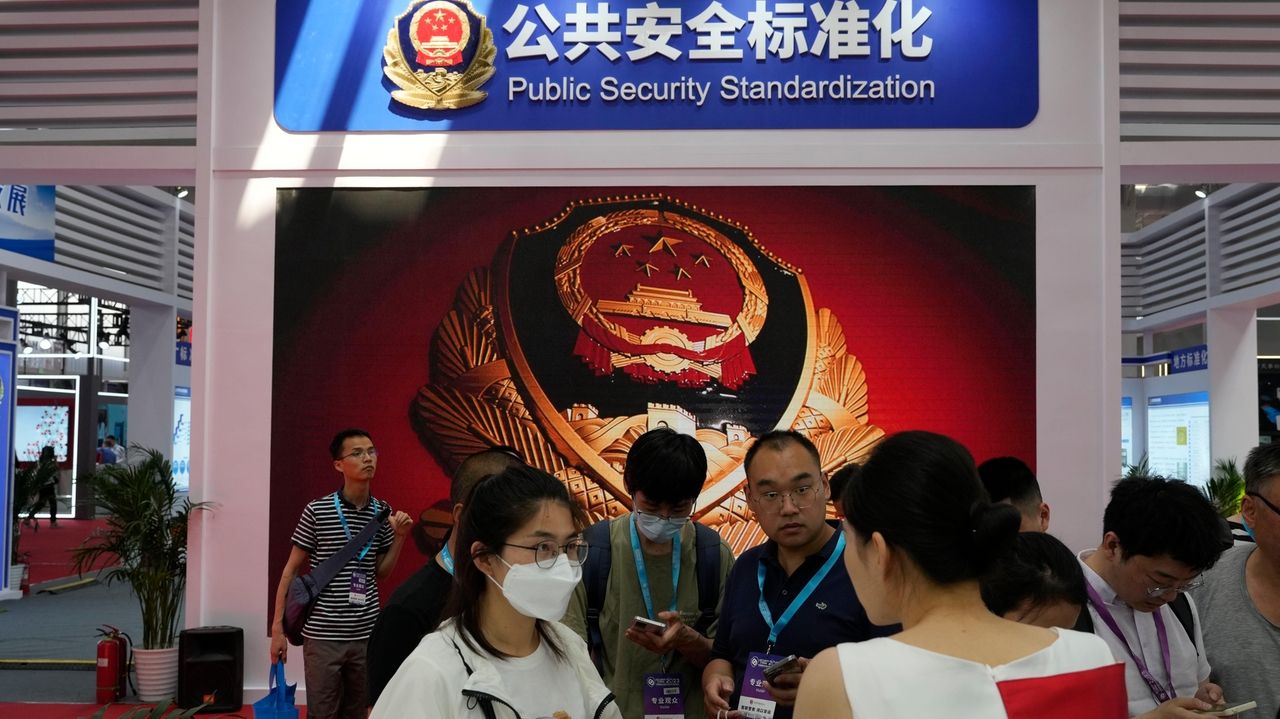Multilateral cooperation is key to success in securing nations from emerging cyber security threats, says Amit Shah
Union Home Minister Amit Shah on Thursday raised concern regarding terrorists using the dark net to hide their identity and spread radical material, and find solutions by understanding the pattern of these activities.
Addressing the inaugural session of the ‘G 20 Conference on Crime and Security in the Age of NFTs, AI & Metaverse’, the home minister said that India has taken giant strides in empowering digital security systems.
“The conference will play a transformative role in building a global cooperation network to strengthen the capabilities of nations and international organizations to combat cyber threats, including terrorism, terror financing, radicalization, narco-terror, and misinformation in an effective way,” he added.
The brainstorming in this congregation will help all the participant nations to achieve remarkable feats in security, he said.
Multilateral cooperation is the key to success in securing nations from emerging threats to cyber security. Addressing the inaugural session of the ‘G 20 Conference on Crime and Security in the Age of NFTs, AI & Metaverse’.#G20India https://t.co/FlIJrd6Afb
— Amit Shah (@AmitShah) July 13, 2023
The minister also warned of cyber-attack threat which he said is hovering over all the major economies of the world and “many countries of the world have become victims of it”.
To create a “robust and efficient operational system”, Shah said, “Terrorists are using the dark net to hide their identity and spread radical material, and we have to understand the pattern of these activities running on the dark net and find solutions for the same.”
The Home Minister also specified the need to think coherently to crack down on the use of various virtual assets.
Speaking at the G20 Conference on Crime and Security in the age of the Non-Fungible Token (NFT), Artificial Intelligence (Al) and Metaverse’, Shah further said “The Metaverse, once a science fiction idea, has now stepped into the real world.”
He said the metaverse may create new opportunities for terrorist organizations primarily for propaganda, recruitment, and training.
“This will make it easier for terrorist organizations to select and target…




